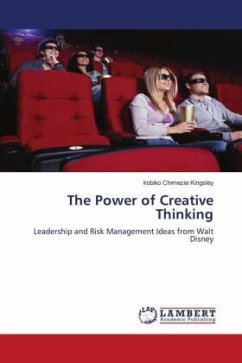"Co-creative meetings" foster invention and innovation, and therefore enable innovative developmental processes in an organizational and inter-organizational context, including strategy development, product development, human resource development, R&D, and trans-organizational projects. This book illustrates the difference between productive and innovative organizations and what that difference means for meetings taking place in such organizations, both from a conceptual and practical point of view. It provides managers, coaches, consultants and other professionals whose job it is to organize meetings with clear and action-oriented guidelines for the design of "co-creative meetings", and also shows how to incorporate them through experiential learning.
Christoph, Markus and Hanna have, in The Co-creative Meeting, described what organizational leaders need to learn more quickly than has been the case so far. The open democratic format that welcomes all ideas from all the participants generates creative ideas that last. Bravo! - Doug Ross, Adjunct Professor of Psychology and Organizational Development The Co-creative Meeting is to me both inspiring and practical reading about communication architectures in organisations. It weaves together, with clarity, philosophical sources, systems concepts and concrete examples, such that managers will feel a compelling desire to experiment in the art and praxis of generating collective intelligence. - Manfred Mack, Consultant, Founding Member SoL France If you work with groups of people to attain important goals or know people who wish they could be more productive in groups - then this book is required reading. The authors help sharpen awareness about how much more we can get done with a little skill and a lot of practice in better conversational dynamics. Convening conversation is to management what design is to the architect. This book provides a conversational blueprint - along with many exercises - to empower the natural urge we have to truly listen and share. We may indeed become more productive and our workplaces more effective in generating something worthy of collective human talent. Skilled leaders may even be empowered to tackle the many creative innovations our society desperately needs. - Hilary Bradbury, Professor of Management in the Management Division of Oregon Health Sciences University








